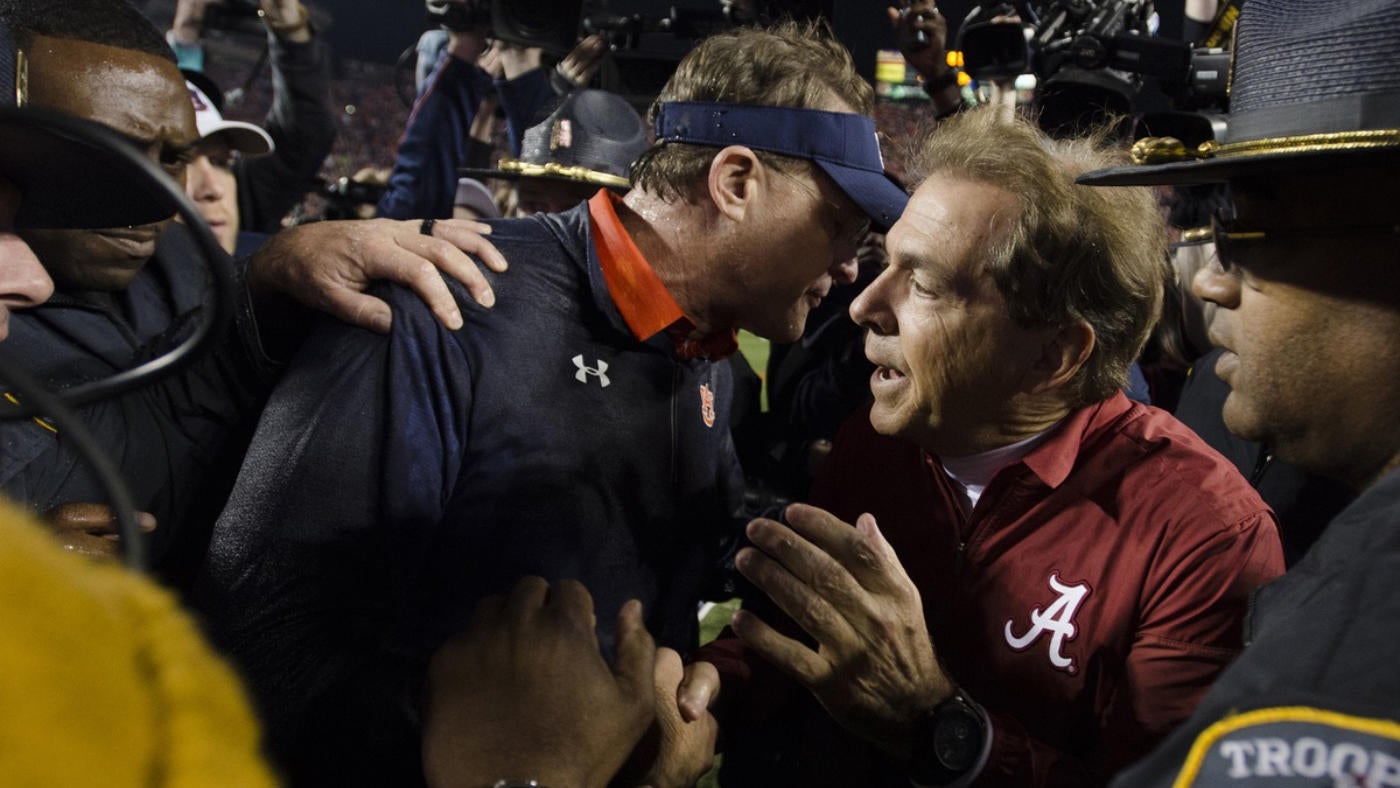
In the ever-evolving landscape of the National Football League (NFL), notable changes among coaching staff can have a significant impact on the dynamics of a team. Recently, the football world was rocked by a series of surprising developments, as legendary coach Nick Saban announced his retirement, while Bill Belichick and Pete Carroll bid farewell to their long-standing positions in New England and Seattle, respectively. These departures mark the end of an era and raise questions about the future of these storied franchises.
Nick Saban, widely regarded as one of the greatest college football coaches of all time, shocked fans and pundits alike with his decision to retire from coaching. Saban, who spent the last 15 seasons at the helm of the University of Alabama football program, amassed an impressive record of success, including six national championships. His retirement leaves a void in the college football landscape, as his meticulous approach and ability to develop young talent were unmatched.
While Saban’s departure from the college ranks is significant, it is the changes within the NFL that have garnered the most attention. Bill Belichick, the mastermind behind the New England Patriots’ dynasty, has decided to step down as head coach after an illustrious 22-year tenure. Belichick’s reign in New England saw unprecedented success, with six Super Bowl victories and numerous division titles. His departure leaves a massive void in the Patriots organization and raises questions about the team’s future direction.
Similarly, Pete Carroll’s departure from the Seattle Seahawks after 12 seasons has sent shockwaves through the NFL community. Carroll, known for his energetic coaching style and ability to connect with players, led the Seahawks to two Super Bowl appearances, winning one in 2013. Under his guidance, Seattle became known for its dominant defense and aggressive style of play. Carroll’s exit leaves a significant void in Seattle and raises concerns about how the team will adapt to new leadership.
The departures of Belichick and Carroll, two of the most successful coaches in recent NFL history, have left fans and analysts speculating about potential successors. The Patriots have named Josh McDaniels, the team’s long-time offensive coordinator, as Belichick’s replacement. McDaniels is no stranger to the Patriots’ system, having spent 19 seasons with the organization. However, there are concerns about whether he can replicate Belichick’s success and maintain the team’s winning culture.
In Seattle, the Seahawks have promoted their defensive coordinator, Ken Norton Jr., to the head coaching position. Norton brings a wealth of experience and has been instrumental in shaping Seattle’s formidable defense. However, there are questions about whether he can fill Carroll’s shoes and maintain the team’s competitive edge.
As these coaching changes unfold, it is important to recognize the impact they can have on a team’s performance. Coaches play a crucial role in developing game plans, motivating players, and making critical in-game decisions. The departure of a successful coach can disrupt team chemistry and require a period of adjustment for both players and staff.
Ultimately, the retirements of Nick Saban, Bill Belichick, and Pete Carroll mark the end of an era in football. These coaching legends have left an indelible mark on their respective teams and the sport as a whole. As new leaders step into their roles, the NFL landscape will undoubtedly undergo significant changes. Only time will tell how these transitions will shape the future of these storied franchises.
